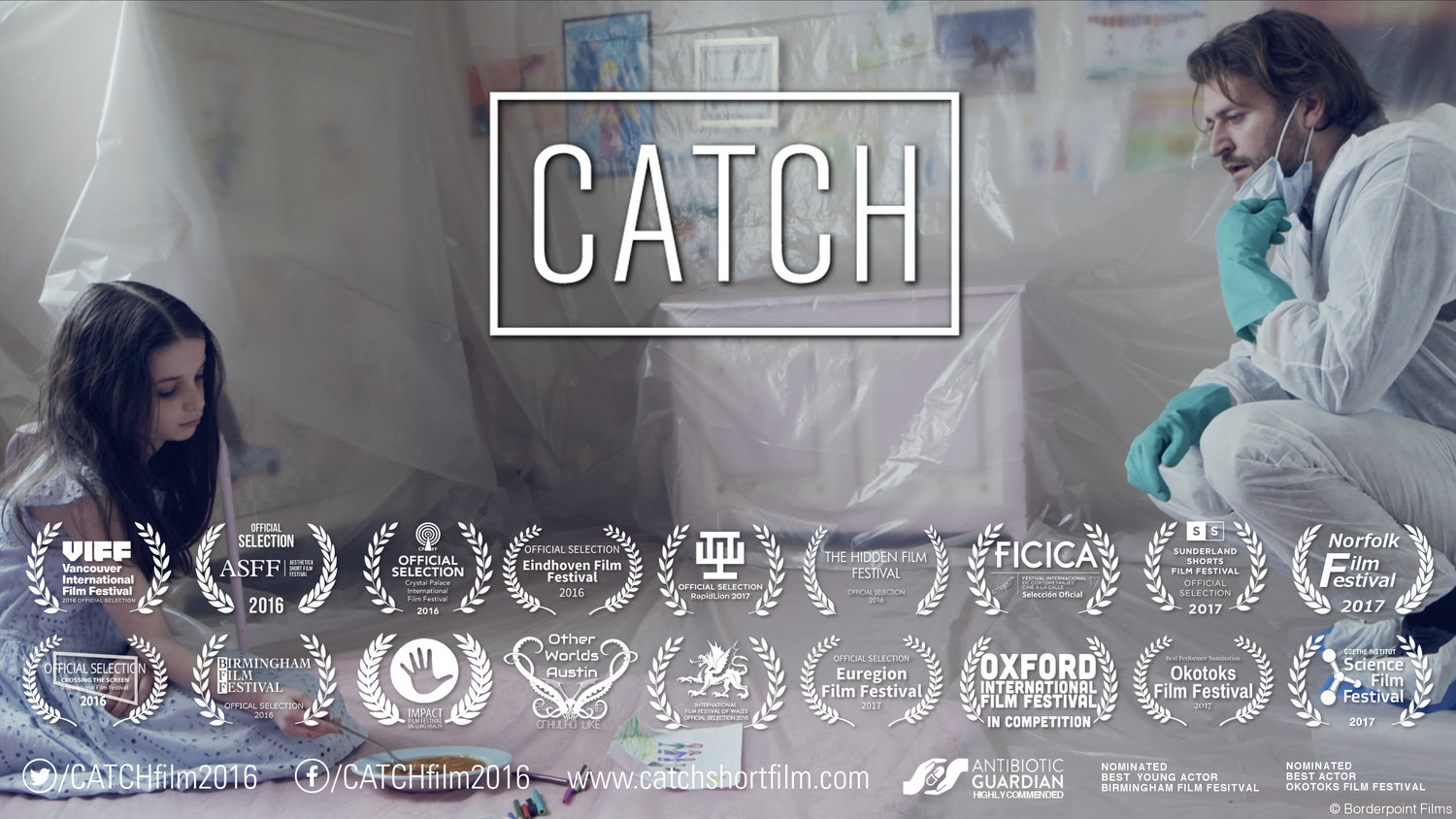In the face of the escalating global threat of antibiotic resistance, public health campaigns often resort to threat-based messaging. These campaigns paint vivid pictures of an apocalyptic future where antibiotics no longer work, aiming to reduce inappropriate antibiotic requests. But how effective is this strategy, especially post-COVID-19?
Methods:
Participants:
The study engaged 378 participants across three waves: before the COVID-19 pandemic, during the last lockdown, and after lockdown restrictions were lifted. These participants were randomly assigned to two groups: a control group that watched a non-relevant science fiction film and an intervention group that watched “Catch,” a short film depicting a dystopian future without effective antibiotics.
Design:
This randomized controlled trial measured participants’ expectations and requests for antibiotics in response to hypothetical scenarios: a viral ear infection and a bacterial kidney infection. Additionally, it evaluated changes in antibiotic desires influenced by the COVID-19 pandemic and adherence to prescribed antibiotics.
Key Findings:
- Reduction in Inappropriate Antibiotic Expectations:
Watching the apocalyptic film significantly lowered participants’ expectations for antibiotics in the viral ear infection scenario. This effect was consistent across all three waves of data collection. - Decrease in Requests for Antibiotics:
Participants exposed to the post-antibiotic future film were less likely to request antibiotics compared to those in the control group. - Impact of COVID-19:
The COVID-19 pandemic experience notably reduced participants’ desire for antibiotics, particularly in the intervention group. This effect was less marked in the control group. - Adverse Effect on Antibiotic Adherence:
A slight decrease in adherence to prescribed antibiotics was observed among participants who watched the apocalyptic film, highlighting a potential downside to threat-based messaging.
This study confirms the power of apocalyptic messaging in shaping public perceptions and behaviors regarding antibiotics. The visual and emotional impact of a post-antibiotic future can effectively lower inappropriate expectations and requests for antibiotics. However, it also reveals a critical caveat: such messaging can inadvertently reduce adherence to necessary antibiotic treatments.
Link to the study : https://tinyurl.com/mr49rvuz
